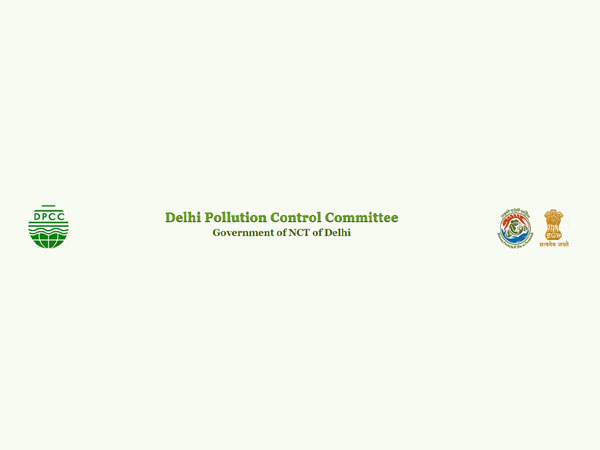DPCC asked to develop mobile app to disseminate noise pollution data

- Country:
- India
The Delhi Pollution Control Committee (DPCC) has been asked to develop a mobile application to make noise pollution data accessible to the public.
At a meeting chaired by the Delhi chief secretary regarding the implementation of Noise Pollution Rules in August, it was also decided to declare the second day of every week as ''no honking day''.
''The DPCC may develop an application to make noise monitoring data more accessible to the public. It may prepare a draft on actions to be taken by field staff and explore the possibility to strengthen the existing noise monitoring network in Delhi,'' the minutes of the meeting read.
The chief secretary directed the Delhi Police and the Transport department that an awareness campaign against honking be launched as done during February and March. Senior officials of the Transport department informed that encroachment on footpaths and illegal parking by auto-rickshaws causes congestion and consequently honking. The chief secretary directed the land owning agencies to remove encroachment on footpaths and drive way as well as illegal parking on metalled roads for smooth flow of traffic. The transport department and the traffic police have been asked to increase ''prosecution against the use of pressure horns and action against modified exhausts''. A committee set up by the National Green Tribunal to monitor compliance of the noise rules in Delhi had earlier suggested that the city government follow a zero-tolerance policy against unnecessary honking and the use of modified silencers.
In a report submitted to the green court in June, the panel said the incessant traffic noise, relentless honking, pressure horns and modified silencers are a major contributor to noise pollution.
''Alternative measures such as planting of trees, awareness with respect to no-honking, quieter vehicles, quieter tires, speed reduction, home insulation, smooth road surface etc., could be adhered to reduce vehicular noise. The better option is to increase awareness just like in case of firecrackers and to increase prosecution.
''A zero-tolerance policy should be followed in case of unnecessary honking and use of modified silencers,'' the report read.
To prevent noise pollution due to amplifiers and loudspeakers at religious places, the panel had suggested that local bodies and station house officers conduct regular meetings with office-bearers of religious institutions for ''self-regulation of noise instruments''.
On the suggestion of the committee, the city government has proposed to empower officials of civic bodies to take action against those causing noise pollution.
The Delhi Environment department had also submitted a proposal to the Union Environment Ministry to designate SHOs as an authority to prosecute violators under noise pollution rules.
Under the Noise Pollution (Regulation and Control) Rules, 2000, deputy commissioners, sub-divisional magistrates, assistant commissioners of police (traffic), sub-divisional police officers -- including of railways and airports -- and member secretary and chairman of the DPCC have been designated as an authority to take action against violators.
In Delhi, the local and civic bodies -- MCD, NDMC and Delhi Cantonment Board -- are not empowered to initiate legal action under the Noise Pollution (Regulation and Control) Rules. The only option available to them is to report the violation to the designated authorities.
(This story has not been edited by Devdiscourse staff and is auto-generated from a syndicated feed.)










